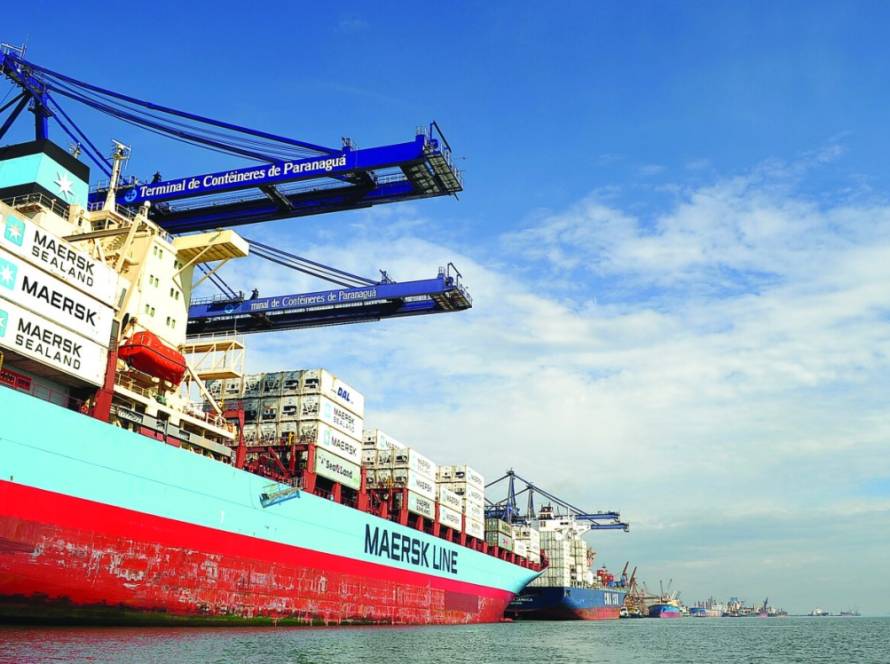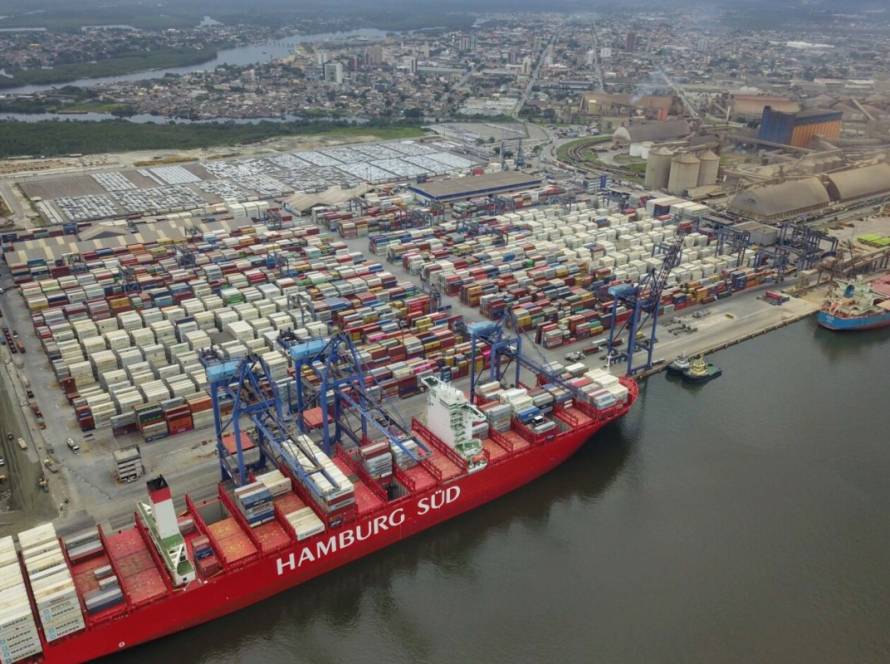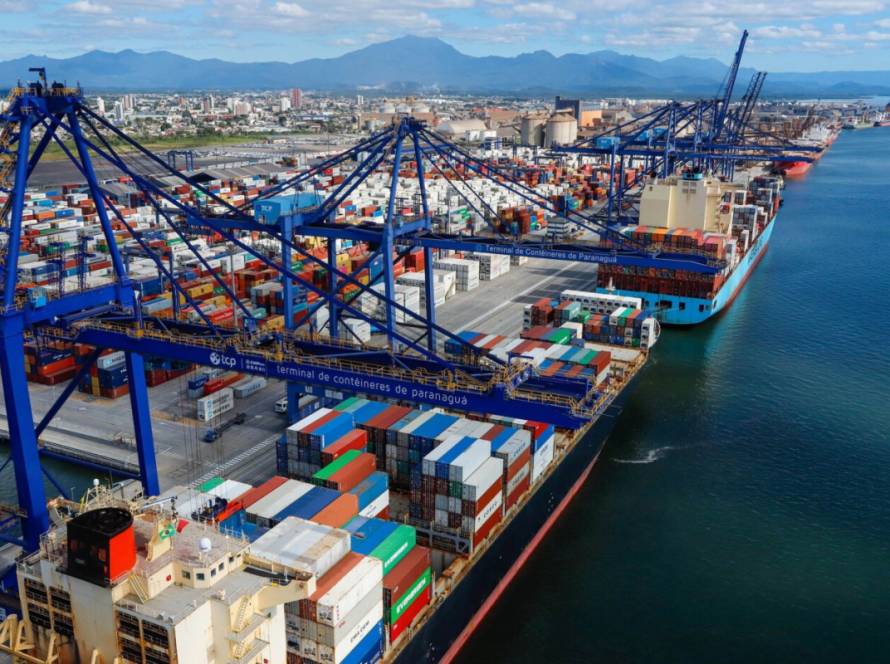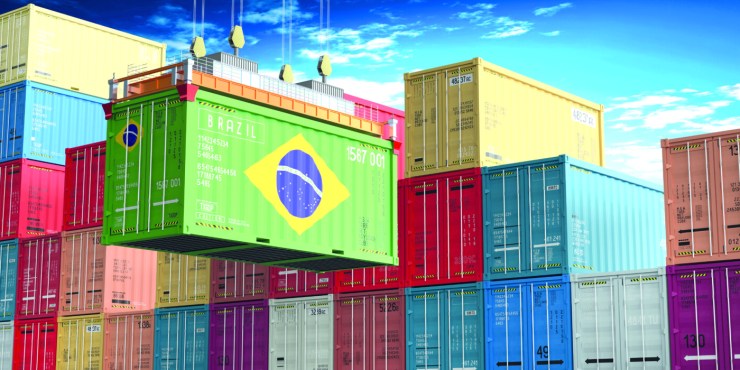While the Iranian National Security Council has yet to make a decision on closing the Strait of Hormuz, the risks and impacts of this decision on Brazil's legal security and economy are already being discussed. Since the Iranian Parliament approved a resolution on Sunday (22) authorizing the blockade of the region, experts have been mapping out what, in practice, could happen to Brazil.

Photo: Tania Rêgo
Frederico Favacho, a lawyer specializing in international agribusiness contracts, believes that special attention is needed, especially when it comes to meat exports. “Brazil has significant exports to Middle Eastern countries, such as Saudi Arabia and the United Arab Emirates, which could be affected by instability in the Strait of Hormuz, a strategic route for the transportation of oil and liquefied natural gas,” he says.
In the Oil and Gas sector, the fact that the maritime route is responsible for 20% of global oil transportation leads to the assessment that Asia will be the main affected, but with local repercussions. “Although it is not a major exporter of crude oil directly through the Strait, Brazil may suffer indirect impacts due to market volatility and possible interruptions in the supply of other commodities,” explains Favacho.
The Strait of Hormuz connects the Persian Gulf to the Sea of Oman and from there to the Indian Ocean. Around 17 million barrels of oil and liquefied natural gas from Qatar pass through this route every day. The region is also a route for exporting goods, but in the economic context, the term refers more specifically to basic products or raw materials, such as coffee, soybeans, oil, iron ore, among others.





